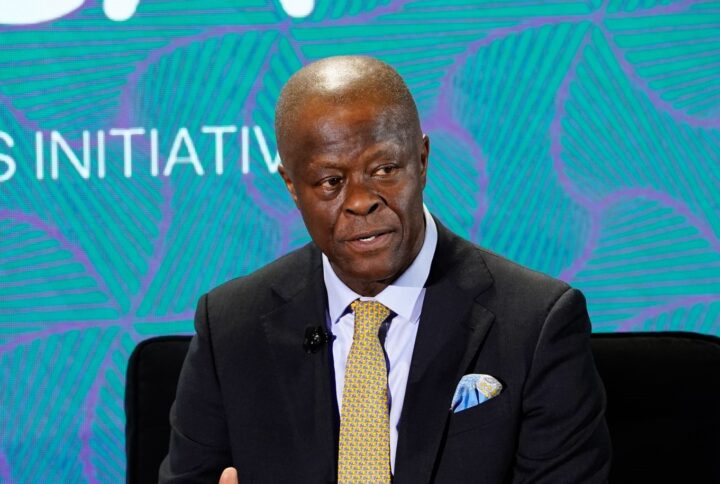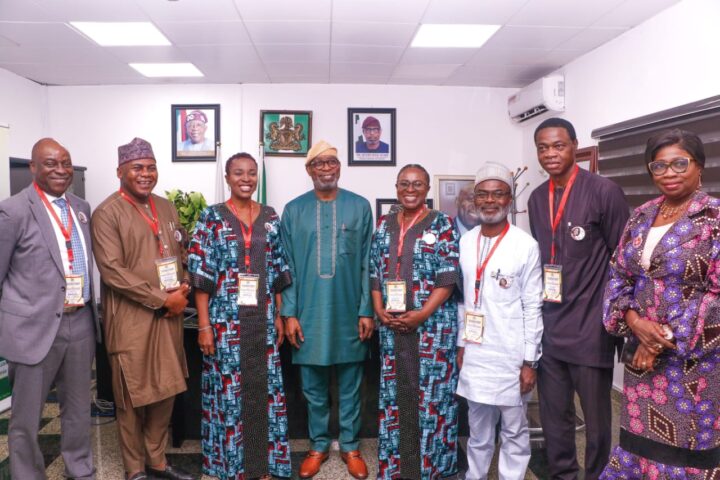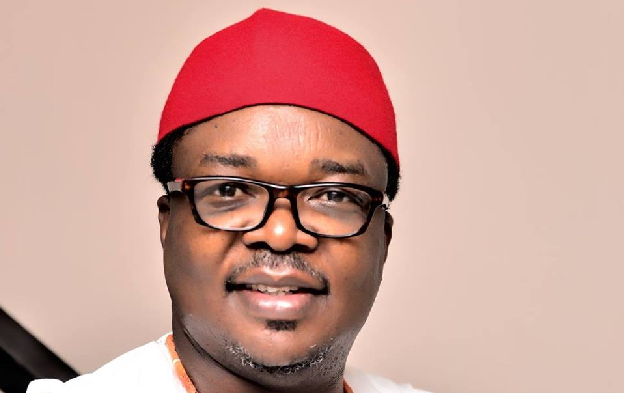Wale Edun, minister of finance, says the successful implementation of the ongoing domestic reforms will increase Nigeria’s revenue to gross domestic product (GDP) ratio by 17 percent in the next three years.
Edun said this during a presentation at the launch of Afrinvest’s 2023 Nigerian banking sector report in Lagos on Tuesday.
He said the revenue-to-GDP ratio will increase to 25 percent in 2026 from 8 percent in 2023.
The minister, who was represented at the event by Armstrong Takang, the managing director of the ministry of finance incorporated, said the successful implementation of the reforms will also raise the tax-to-GDP ratio from 10 percent this year to 18 percent by 2026.
Advertisement
Speaking on the ongoing domestic reforms, Edun said restoring macroeconomic stability is a critical foundation for setting the country on the path to rapid and sustained inclusive economic growth.
Expantiating on the ongoing reforms, he said there have been forward sales transactions, attracting international capital flows in advance funding arrangements, executive orders to increase the domestic supply of foreign exchange and reforming FX markets.
Edun said part of the ongoing reforms have led to increased revenue through the removal of subsidy from petrol, establishing a fiscal policy and tax reforms committee, eliminating smuggling and theft, as well as rigorous application of existing rules.
Advertisement
According to Edun, attracting international investments through foreign direct investments (FDI) and foreign portfolio investments (FPI) are part of the ongoing domestic reforms to grow Nigeria’s economy.
Takang said the World Bank president, Ajay Banga, had also advised Nigeria during a meeting to increase domestic revenue mobilisation because raising foreign capital is more expensive.
Speaking on the sideline of the event, Abiodun Keripe, Afrinvest group managing director (GMD), said the government needs to find other sources of income to fund its activities rather than always going to the capital market to raise money.
Keripe said the government is crowding out the private sector in the capital market because investors would rather invest their money in government bonds — which he said is averaging 15-16 percent as of Monday — than give their money out to the private sector because the companies cannot offer competitive rates.
Advertisement
The GMD said should the private sector attempt to compete with such rates, investors will still opt for government securities because it is difficult for the private sector to pass down such a level of cost of borrowing to their customers.
He said: “The days of ways and means, and you know, getting the central bank to print money to fund government, they are effectively over.”
Keripe said the president made the promise so he has to match it with action.
Advertisement
Add a comment






